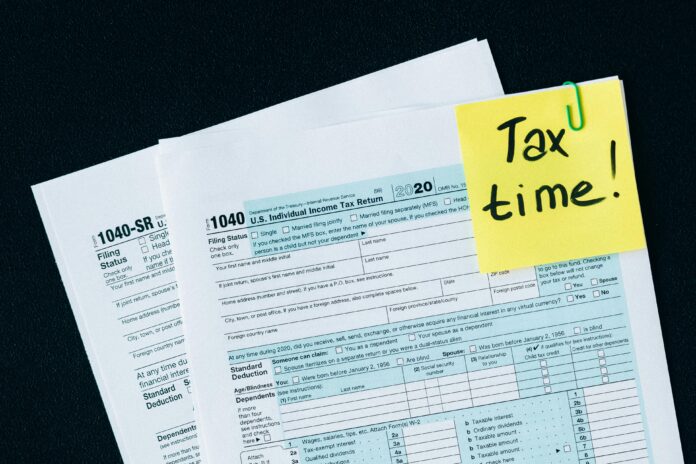In the world of finance, managing tax responsibilities can sometimes feel like finding your way through a maze, with a blindfold on. However, with the knowledge and tactics at your disposal, individuals can greatly lessen their tax burden, allowing them to keep money in their pockets for pursuing their financial aspirations. Whether you’re an investor or just embarking on your journey, having a grasp of these tax-saving tips can set the stage for a brighter financial future.
- Making Contributions to Retirement Accounts: One of the strategies for saving on taxes is making maximum contributions to retirement accounts like 401(k)s, IRAs, or Roth IRAs. These contributions not only secure your future but also come with immediate tax advantages. Conventional retirement accounts offer growth that’s tax-deferred, which means you won’t be taxed on your contributions or investment earnings until you withdraw the funds during retirement. On the other hand, Roth accounts provide withdrawals in retirement that are free from taxes, making them particularly attractive for those expecting higher tax rates down the road.
- Utilizing Tax Credits and Deductions: Take time to explore tax credits and deductions that can help lower your income. Credits such as the Earned Income Tax Credit (EITC), Child Tax Credit, and Education Credits have an impact on reducing your tax obligations. When it comes to reducing your income deductions, items like mortgage interest, charitable donations, and medical expenses can help lower your tax bracket.
- Health Savings Accounts (HSAs): Another smart move is to make use of Health Savings Accounts (HSAs) if you have health insurance plans. HSAs come with a tax advantage; contributions are tax-deductible, earnings grow tax-free, and withdrawals for medical expenses are also tax-free. By maximizing your contributions to an HSA, you not only cover healthcare costs but also leverage it as a powerful tool for saving on taxes.
- Tax Loss Harvesting: Tax Loss Harvesting in investment portfolios involves selling investments that have incurred losses to offset capital gains taxes. This strategic approach allows investors to reduce their tax burden while rebalancing their portfolios. It’s important to be aware of wash sale rules that prohibit repurchasing similar securities within 30 days of claiming the loss.
- Asset Location Optimization: Asset location optimization involves placing types of investments in accounts based on their varying tax treatments. By keeping tax investments like index funds or municipal bonds in taxable accounts and housing less tax-friendly assets such as bonds or actively managed funds in tax-advantaged accounts, you can maximize after-tax returns. Locating assets can help reduce the impact of taxes on investment growth, ultimately improving the performance of your portfolio.
- Explore Qualified Small Business Stock (QSBS): Investing in small business stock presents tax advantages. In some scenarios, investors may be able to exclude a portion of capital gains from the sale of QSBS from taxation. This exclusion could lead to tax savings, encouraging investments in small businesses.
- Utilize Estate Planning Techniques: Estate taxes have the potential to diminish wealth transferred to beneficiaries. By employing estate planning strategies such as asset gifting, trust establishment, and life insurance utilization, you can minimize estate taxes and facilitate a transfer of wealth. Crafting your estate plan thoughtfully can safeguard a portion of your assets for generations.
- Keep Abreast of Tax Updates and Consult Professionals: Tax regulations are intricate and subject to revisions. Staying informed about changes in tax laws and seeking advice from tax experts can assist in adjusting your strategies for tax efficiency. Professionals can offer tailored advice based on your circumstances, helping you take advantage of all available avenues to lessen your tax responsibilities effectively.
Successfully navigating the complexities of taxation demands attention, knowledge, and strategic foresight. By following these tax-saving techniques, people can enhance their stability, keep a portion of their earnings, and set the stage for a stable financial future. Keep in mind that being proactive in tax planning goes beyond savings; it’s about constructing a base for sustained financial well-being. Therefore, arm yourself with the resources and expertise to begin your quest towards efficient tax management and wealth growth.


